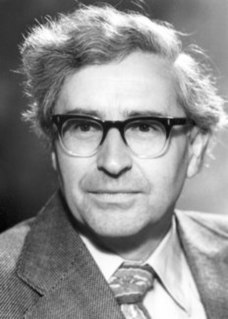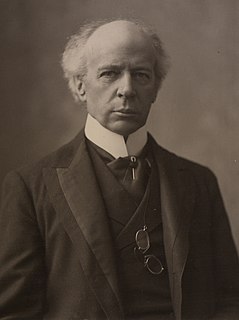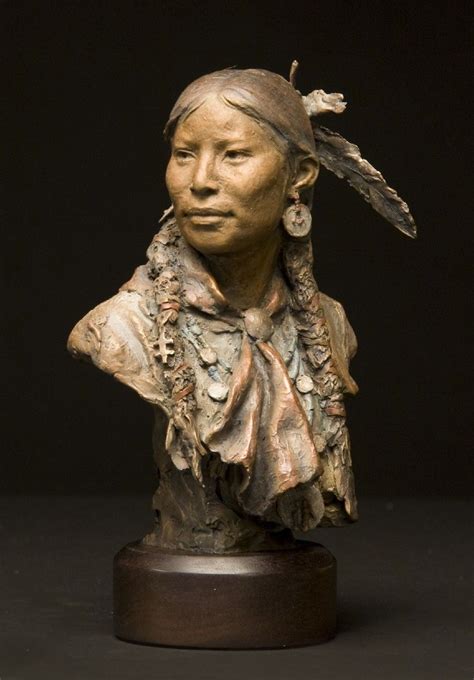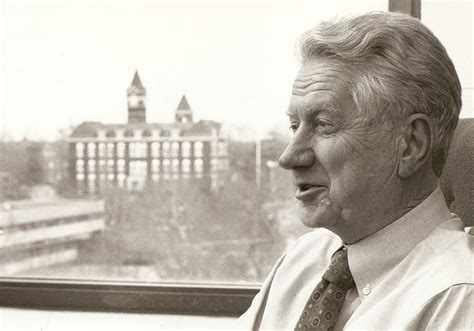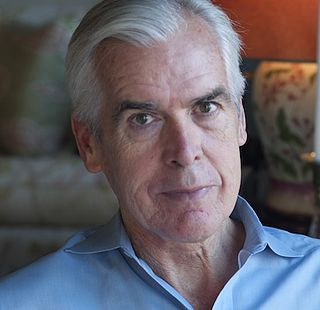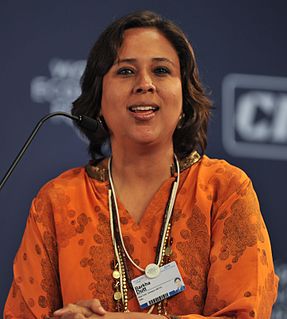A Quote by Simon Critchley
The yearning for the common good comes from the refusal to accept that perhaps Americans have very little in common apart from the elements of a sometimes successful civil religion based around a sentimental, indeed sometimes teary-eyed, attachment to the constitution and a belief in the quasi-divine wisdom of the founding fathers.
Related Quotes
The ghostly presence of virtual particles defies rational common sense and is nonintuitive for those unacquainted with physics. Religious belief in God, and Christian belief that God became Man around two thousand years ago, may seem strange to common-sense thinking. But when the most elementary physical things behave in this way, we should be prepared to accept that the deepest aspects of our existence go beyond our common-sense intuitions.
It is my firm belief that the God of Heaven raised up the founding fathers and inspired them to establish the Constitution of this land. This is part of my religious faith. To me this is not just another nation. It is a great and glorious nation with a divine mission to perform for liberty-loving people everywhere.
I think it's very common that scientists or technical people have an artistic side. Sometimes they are very accomplished musicians. Sometimes they have very fine tastes according to art or design. And often, they've spent a big chunk of their childhood or they're growing-up years trying to get in very good at those activities.
The information that was contained in a cathedral was based upon a common culture - a common Christian culture - and the elements were chosen for a common symbolic meaning. Someone who knew everything that was represented in a cathedral had a sort of encyclopedia - you can indeed call it that - but it was a selective encyclopedia, like encyclopedias back when they were books and the people writing them were supposed to be specialists in their field. I think today the problem is that people don't know how to choose between different kinds of information.
We are here a nation, composed of the most heterogeneous elements-Protestants and Catholics, English, French, German, Irish, Scotch, every one, let it be remembered, with his traditions, with his prejudices. In each of these conflicting antagonistic elements, however, there is a common spot of patriotism, and the only true policy is that which reaches that common patriotism and makes it vibrate in all toward common ends and common aspirations.
In the United States, the Constitution is a health chart left by the Founding Fathers which shows whether or not the body politic is in good health. If the national body is found to be in poor health, the Founding Fathers also left a prescription for the restoration of health called the Declaration of Independence.
Most of the founding fathers, sympathetic with and influenced by the European Enlightenment, saw religion - natural religion, that is - as a potential good, but with equal clarity they saw the religions of existing institutions and religions based on a fixed scriptural revelation as meddlesome, wrong-headed and hopelessly obsolete.
Laws which authorize and promote abortion and euthanasia are therefore radically opposed not only to the good of the individual but also to the common good; as such they are completely lacking in authentic juridical validity. Disregard for the right to life, precisely because it leads to the killing of the person whom society exists to serve, is what most directly conflicts with the possibility of achieving the common good. Consequently, a civil law authorizing abortion or euthanasia ceases by that very fact to be a true, morally binding civil law.


